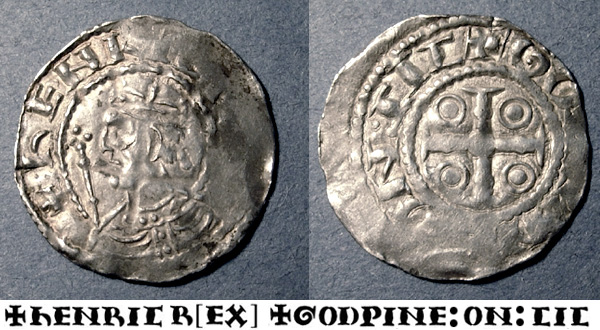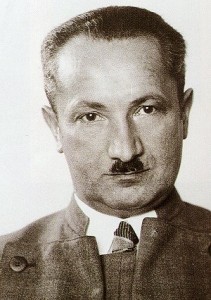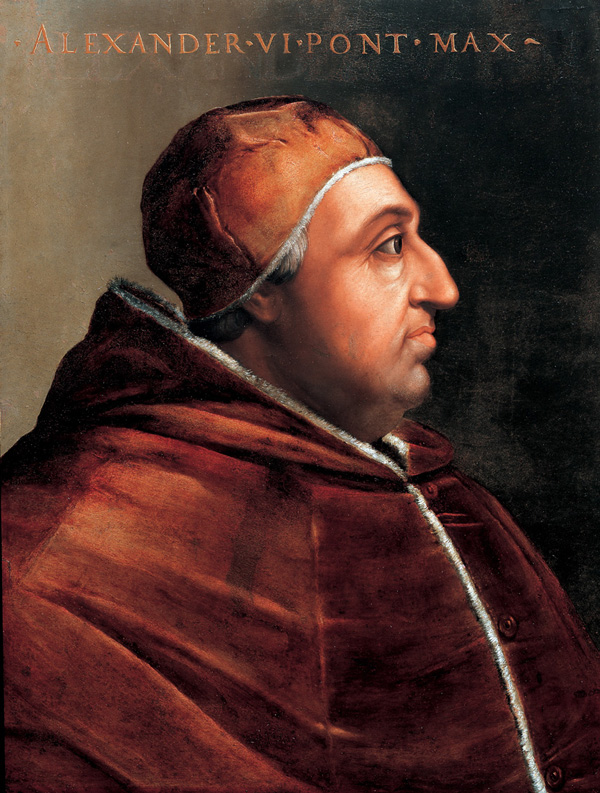On currency debasement and castration
The history of those who debase money in an effort to get something for nothing — i.e., coin clippers, counterfeiters, and central bankers — is long and sordid. Here’s an eye-opener about how one medieval king dealt with officers found guilty of devaluing the currency: “Henry I castrated currency officials whose output was found wanting. […]
On currency debasement and castration Read More »



